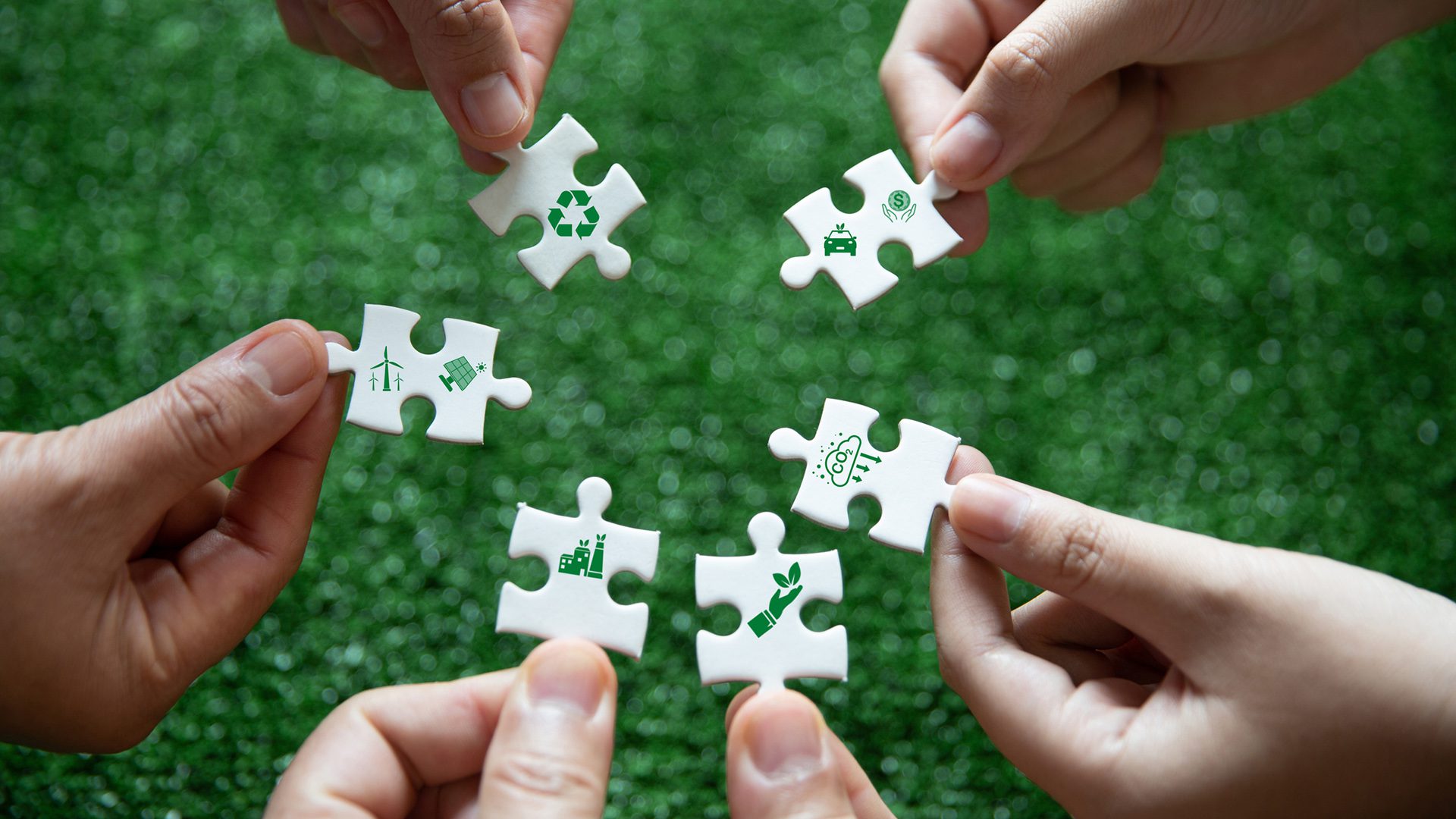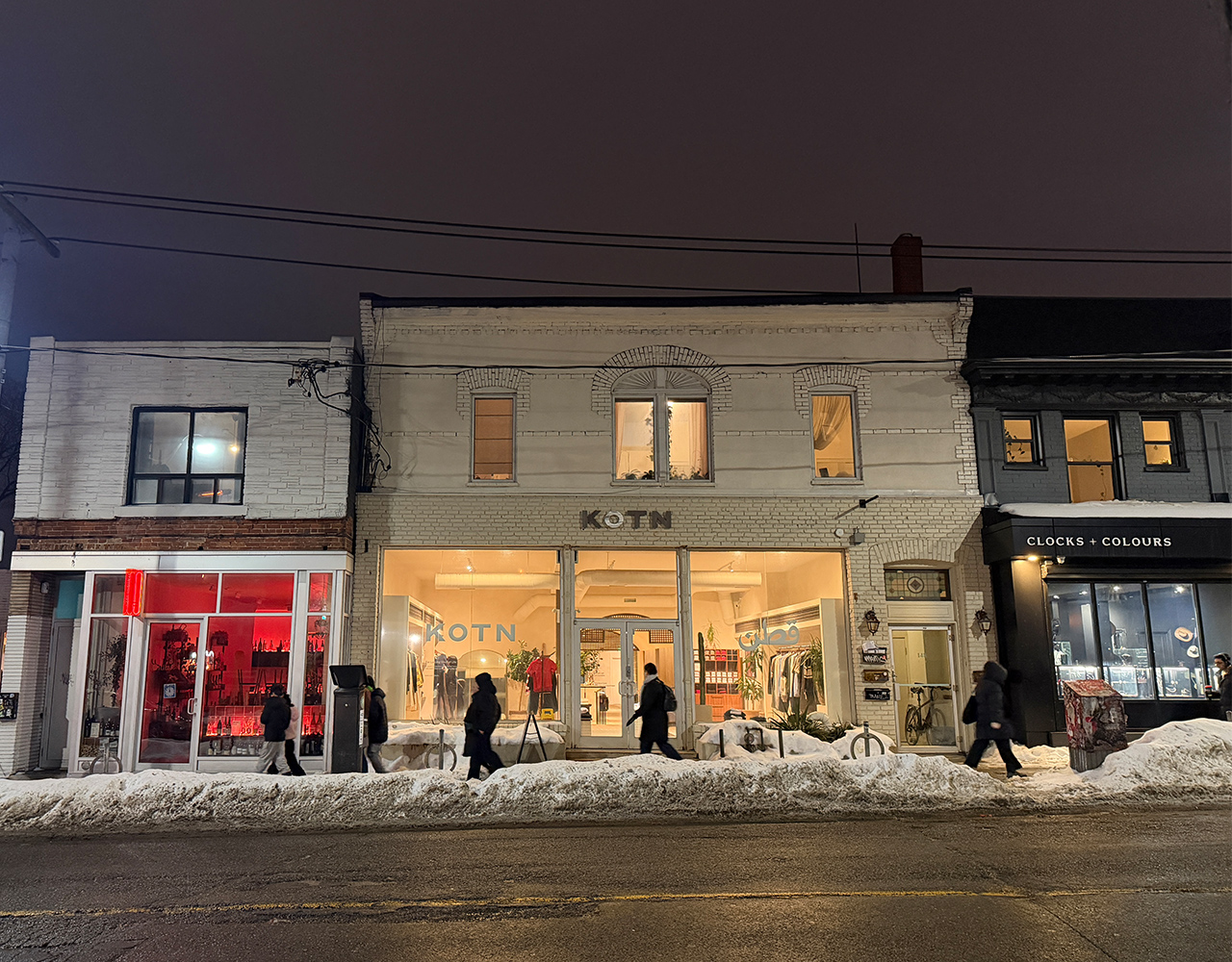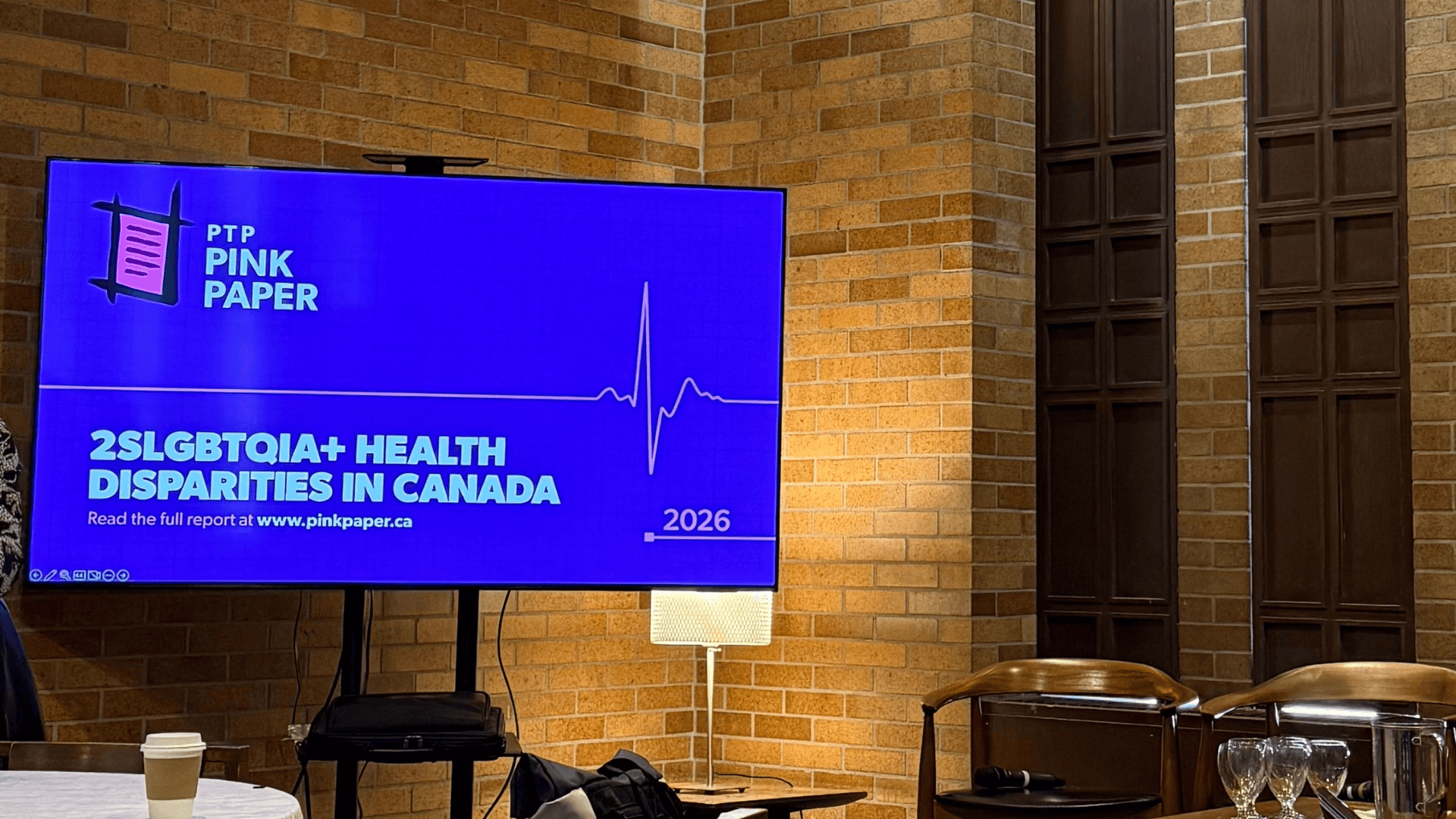Should Sustainability Be Everyone’s Job?

Posted on: Wednesday Apr 26th 2023
Article by: Lauren Binette
The case for non-specialists driving ESG efforts
In September 2022, Environics Research joined the National Hub of
Green Economy Canada
(GEC), a national non-profit that works with organizations to develop meaningful, realistic environmental initiatives – especially to reduce their climate impact. Joining GEC was a critical step in fulfilling our commitment to measure and reduce our greenhouse gas (GHG) footprint, as part of Environics’ Climate Action Pillars.
When a call went out in our company for volunteers to help with the new initiative, plenty of hands went up. I ended up on the “Climate Crew,” a diverse group drawn from across company teams. Our first big task was to create Environics’ first greenhouse gas inventory, and it was not for the faint of heart. It was more than a form we had to fill out to get a green sticker. GEC’s program is a technical, target-based program that requires us to dig in and really understand our company’s GHG emissions. We all liked that aspect of it, but we had legitimate concerns about our team’s ability to deliver on what was asked of us.
This process was demanding. And as none of us had experience in tracking emissions, we had more questions than answers. Beyond just the technical questions, we wondered how we would balance this with our responsibilities to clients and colleagues. We kept thinking: shouldn’t an expert be taking on this work, instead of us?
But looking back, my perspective has changed somewhat.
As we expected, it’s taken work and patience to get to a viable GHG inventory – and we’ve taken wrong turns en route. At the same time, sharing the effort of sustainability planning and execution (instead of hiring a dedicated specialist, which many organizations don’t have the option to do in any case) has its benefits.
The Benefits
01
Sustainability expertise is not the only kind of skill that’s useful to this process. We used a survey tool provided by GEC to gain insight into employees’ travel patterns, since Environics’ long-standing work-from-home policy is material to the company’s emissions. Survey design is central to our work as researchers, so we were able to contribute our own expertise to the process, enhancing the tools usefulness for future network members.
02
Collaborating through the Climate Crew has allowed us to build personal connections with colleagues we otherwise would rarely get to work with. This is positively reshaping other aspects of our work and creates cross team synergy. We’re more aware of each other’s work, and better positioned for collaboration than we were before.
03
Working with the Climate Crew has been a great leadership development opportunity for younger and newer employees. (This likely doesn’t come as a surprise, but I think it’s an often-underappreciated benefit). Our GHG commitment is an important organizational goal – but nobody here is an expert in the mechanics of cutting our emissions, so the capacity to lead on this file is down to interest, motivation, and a willingness to learn. The Climate Crew is a safe arena for taking on challenges and building transferrable skills. We will each then carry these skills forward with us into future roles, better equipped to help build the sustainability capacity of any organization we are connected to – whether in a new job, serving on a volunteer board, or elsewhere.
04
Having people from across the organization involved early on means that more people are invested and primed for action when the next two phases of the work – action planning and target setting – get underway. The work not only has more champions, but more people who’ve built some tangible expertise as well.
In short, sharing the work instead of hiring a specialist can deliver plenty of benefits. But to realize this potential, an organization needs to have the right supports in place. If employees are doing this work in isolation, off the side of their desks and without support, the effort is likely to flounder.
A Few Key Ingredients
Leadership support.
We needed a lot of inputs to get our greenhouse gas emission inventory done: energy-related data from the accounting department, information from our past and present office landlords, and employee participation in surveys. Buy-in from leaders helped this go smoothly.
A timesheet code.
This shows employees that the work they are doing is valued; that it “counts.” If you spend a day on something that isn’t accounted for, it can feel like a waste instead of a contribution. A time code demonstrates to the team that the work is a priority.
Treating sustainability like business as usual.
Put sustainability on the agenda: literally. Baking discussions of sustainability progress into company routines – and adding sustainability to every single job description – builds a culture of accountability and prevents environmental performance from being an add-on or an afterthought.
A solid framework.
For us, the GEC framework is supporting meaningful, methodical action: emissions inventory first, then action planning, then targets. We’re advancing it steadily and carefully, aiming to be more tortoise than hare.
If you’re a company ready to start your sustainability journey, hopefully these lessons learned give you hope when you face challenges that feel too big for you. Or even more simply: if you’re out for a walk this earth day, l challenge you to take the road less travelled, and to take it with friends, slowly.
Tags:
More Articles




